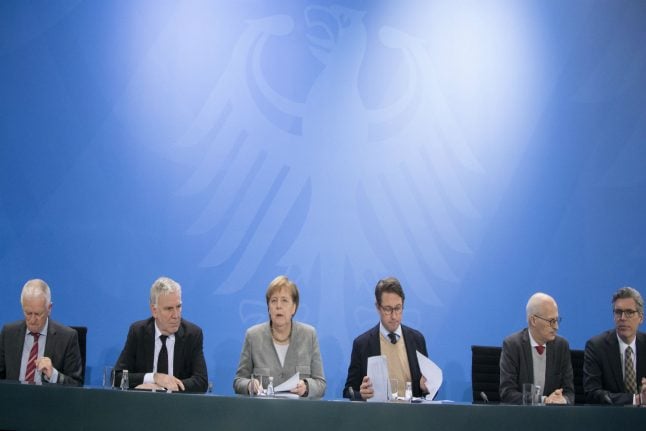The “Sofort Saubere Luft” (“Immediate Clean Air Programme”) will be increased from €1 billion to €1.5 billion, Chancellor Angela Merkel (CDU) said on Monday in Berlin after a meeting with representatives of cities with particularly high levels of nitrogen oxide pollution.
In addition, €432 million will be used by the government to promote the hardware retrofitting of small trucks in cities.
The meeting in Berlin focused on the implementation of the new programme, which runs from 2017 to 2020. The local authorities had demanded more money and a steady flow of funds. The German car manufacturers are participating financially in the programme.
Among other things, the programme supports the purchase of electric vehicles in municipal transport, the installation of charging points, the digitalization of traffic lines to prevent traffic jams and congestion, and the retrofitting of diesel buses with better exhaust gas purification.
In the meantime, courts have ordered driving bans for older diesel buses in several cities, which are set to go into effect in 2019. Last year, 65 cities did not comply with the limit of 40 micrograms per cubic meter of air, 15 cities even exceeded 50 micrograms.
Furthermore, some 70 German cities recorded levels of nitrogen oxide (NOx) – which can cause respiratory illnesses and heart problems – above EU thresholds in 2017, according to the Federal Environment Agency.
Transport Minister Andreas Scheuer (CSU) and Environment Minister Svenja Schulze (SPD) will once again invite majors from Germany’s municipalities before the summer break next year, Merkel announced.
SEE ALSO: Germany presents plan for polluting diesel cars



 Please whitelist us to continue reading.
Please whitelist us to continue reading.
Member comments